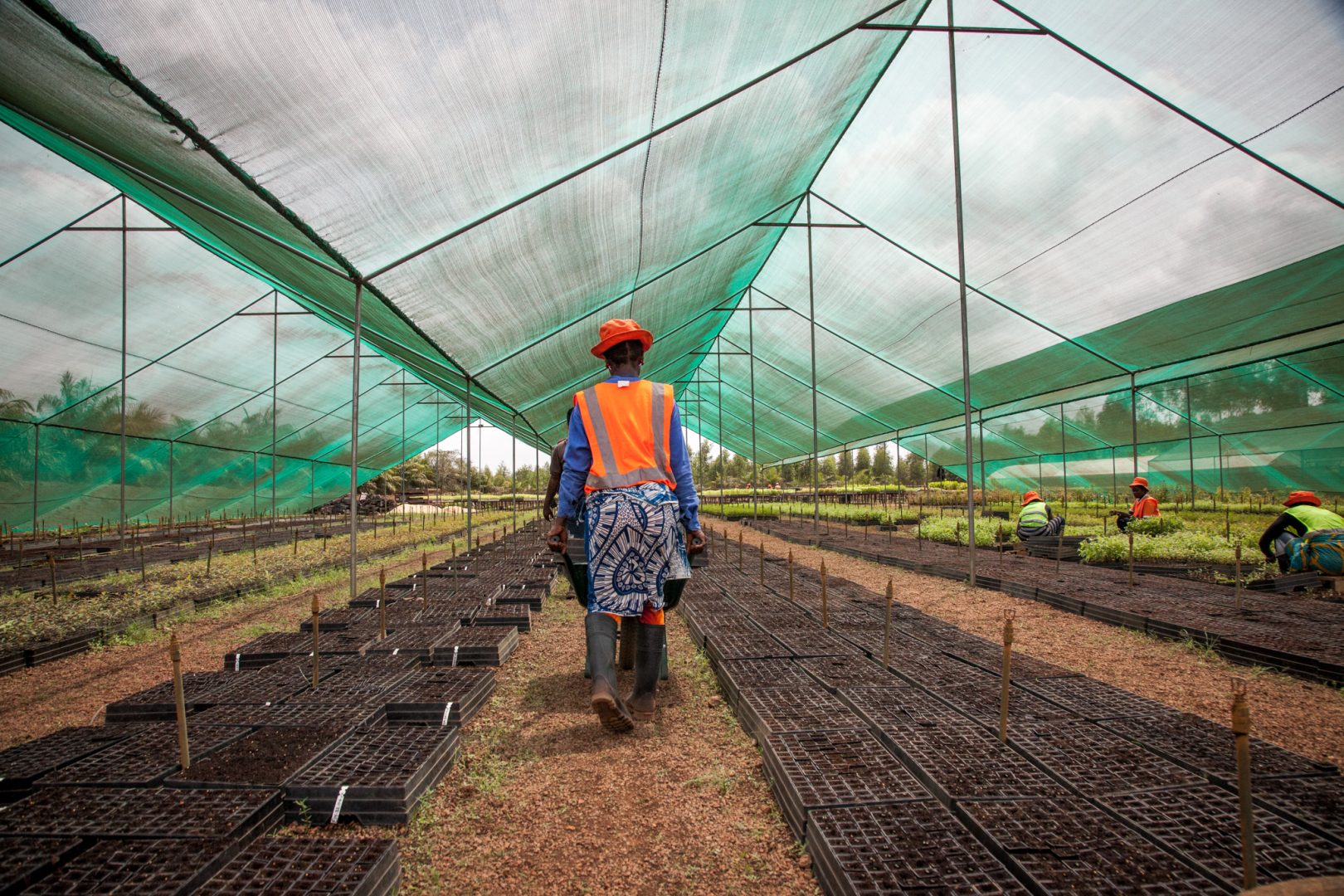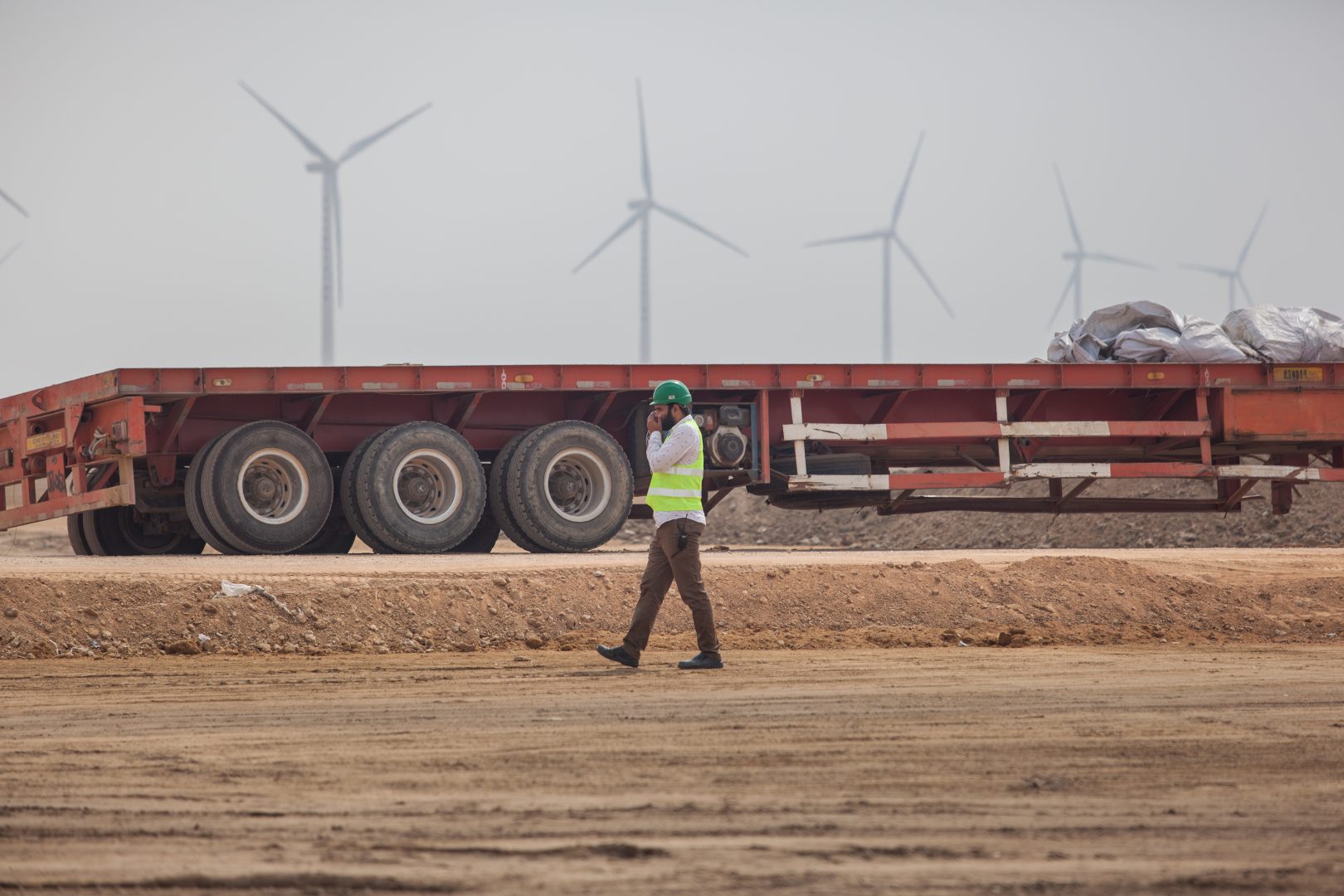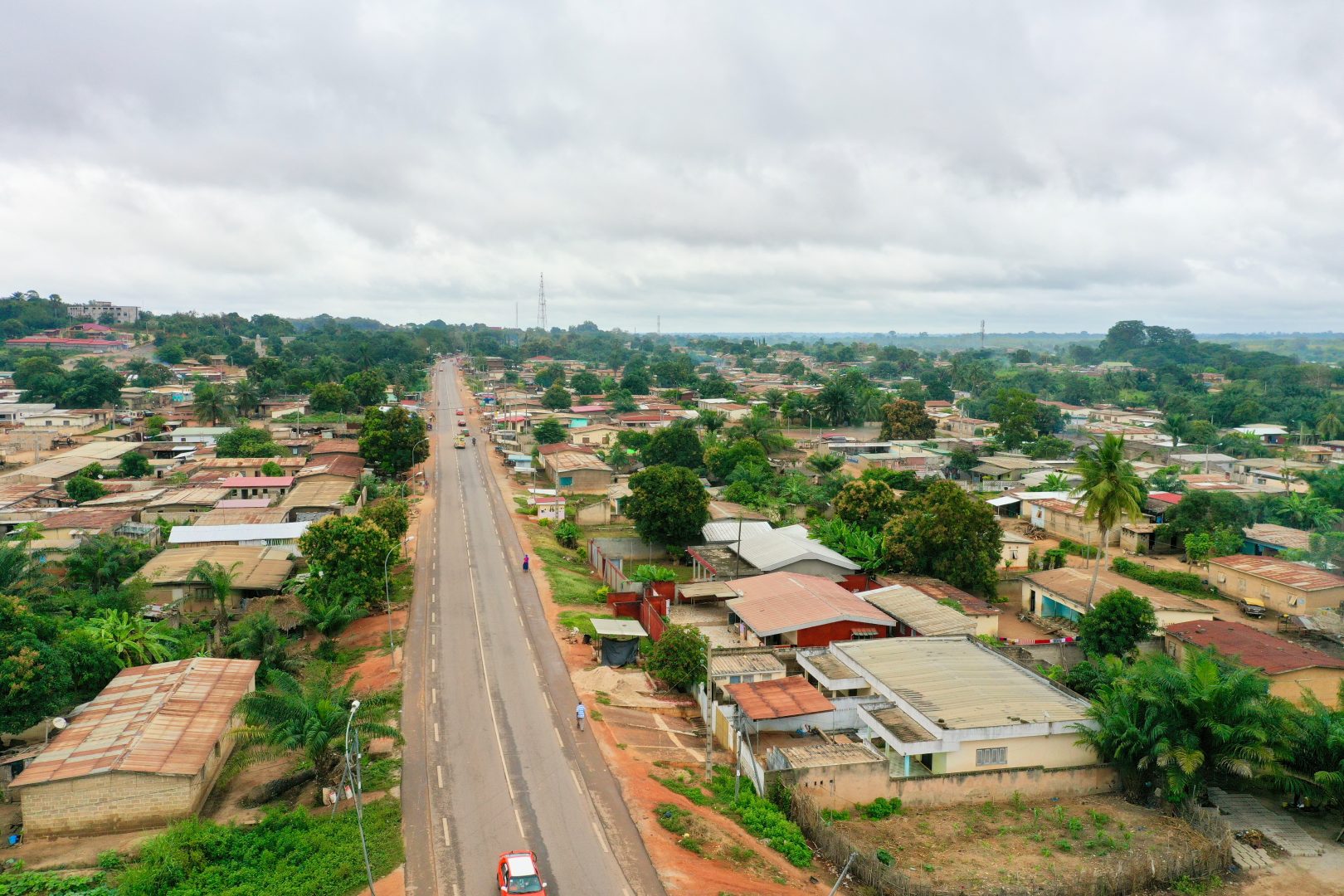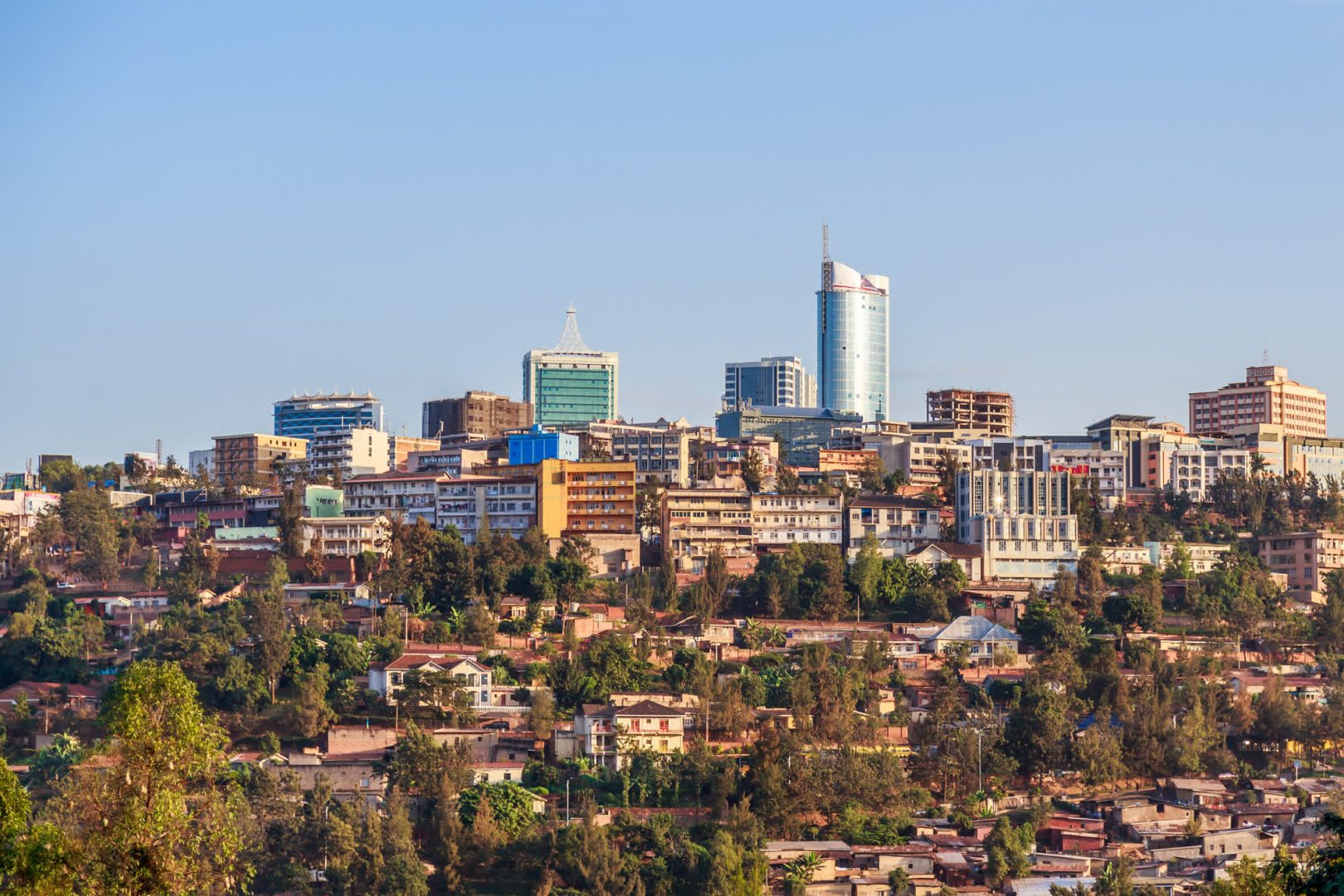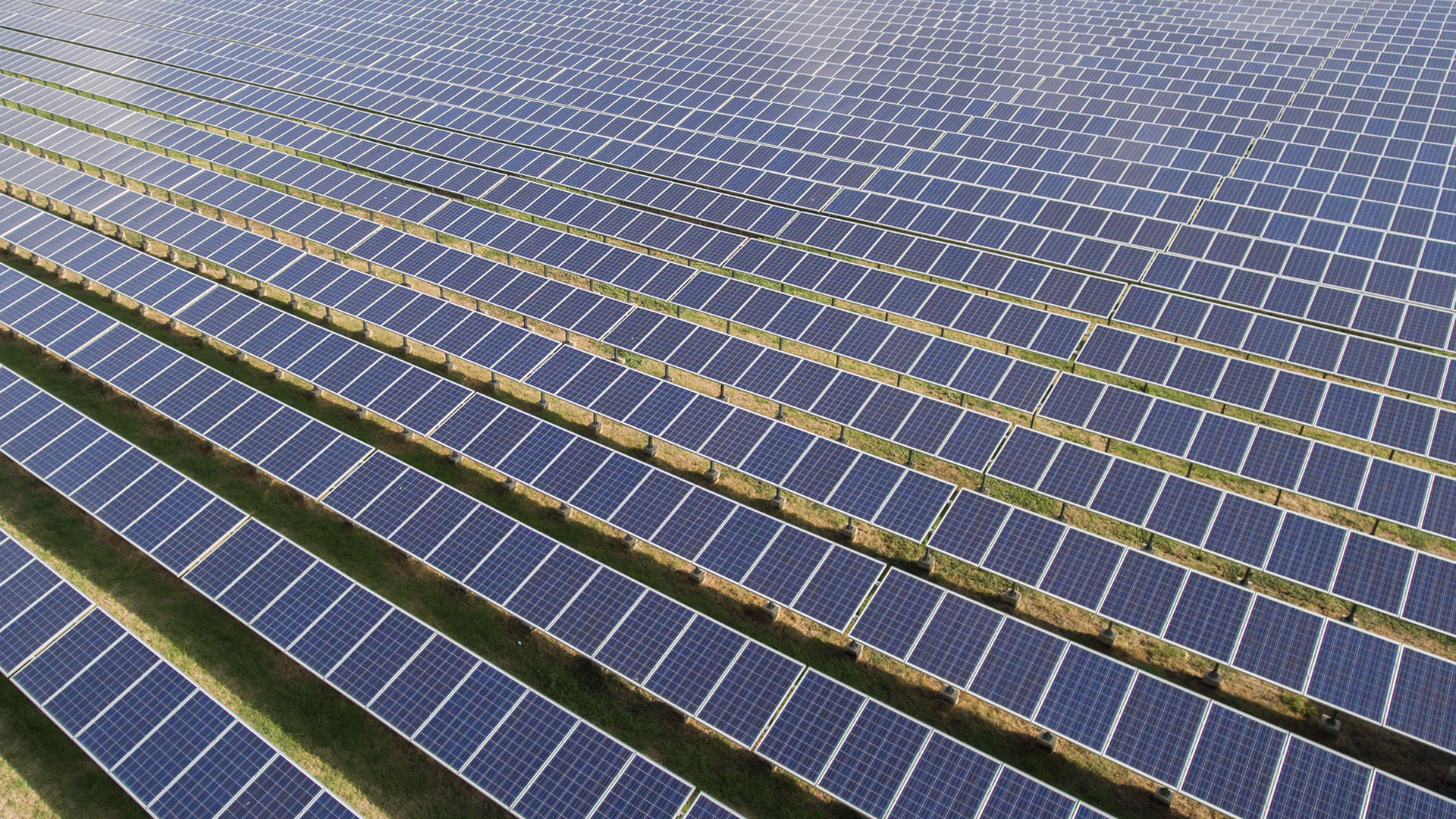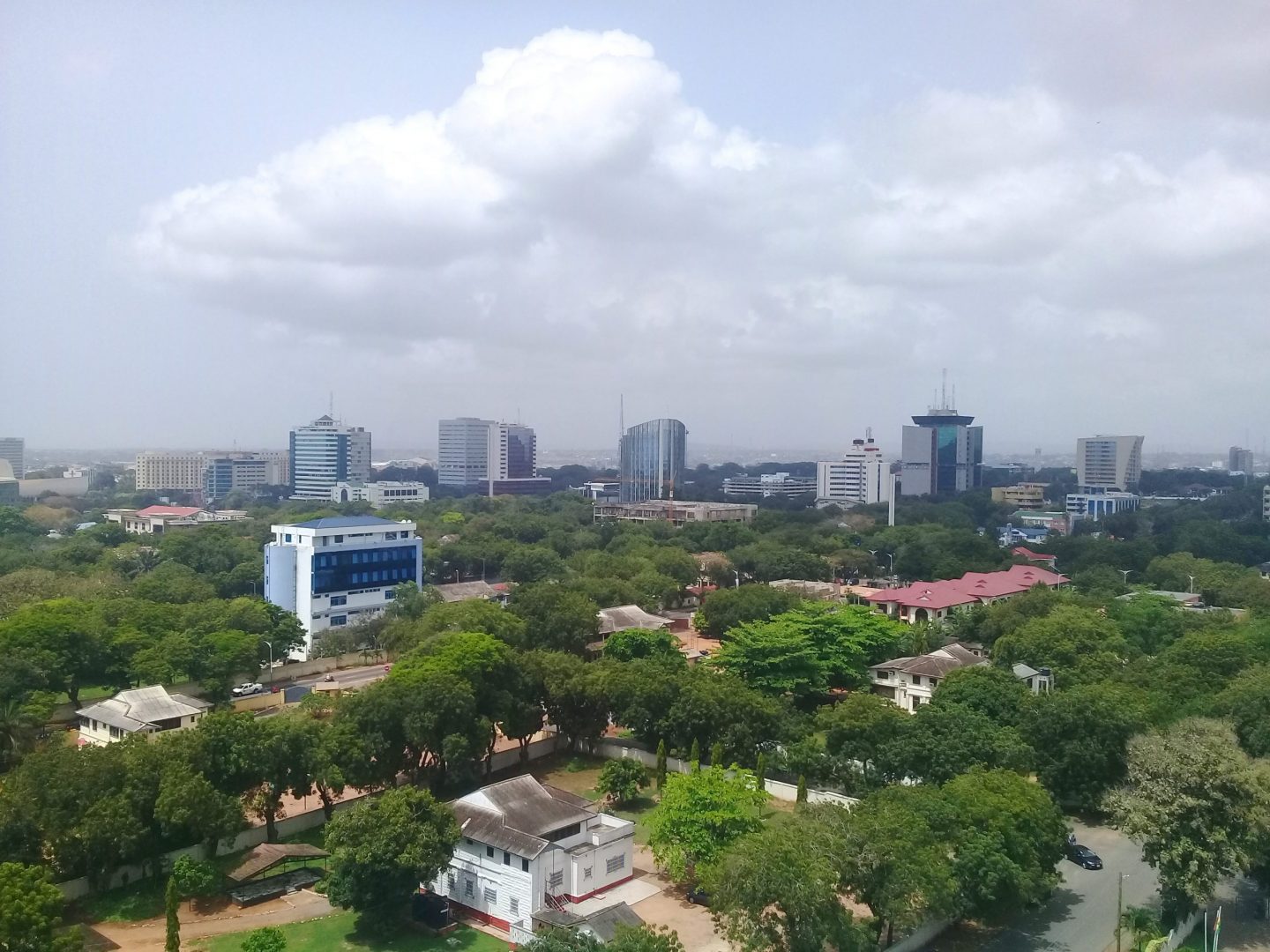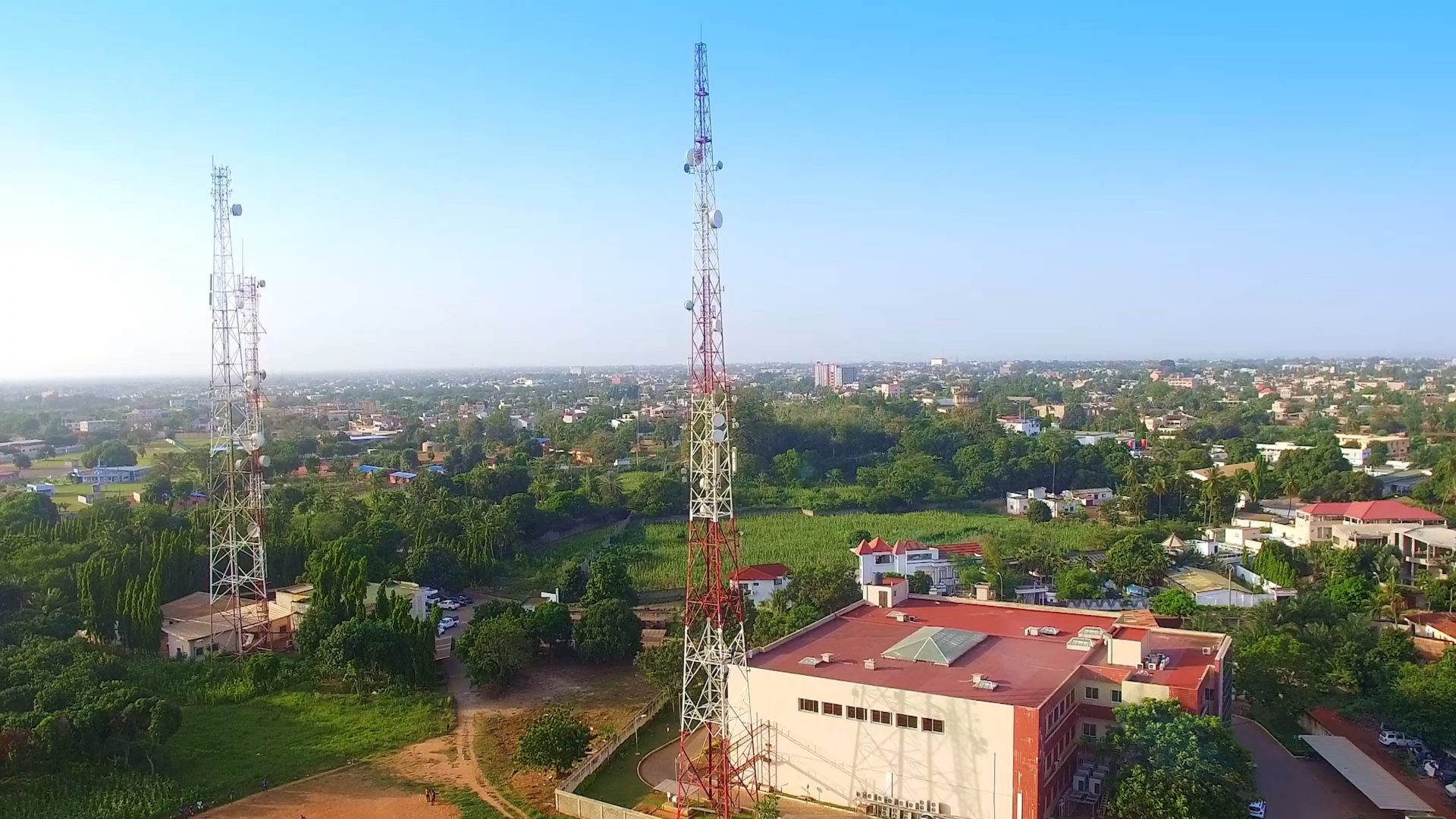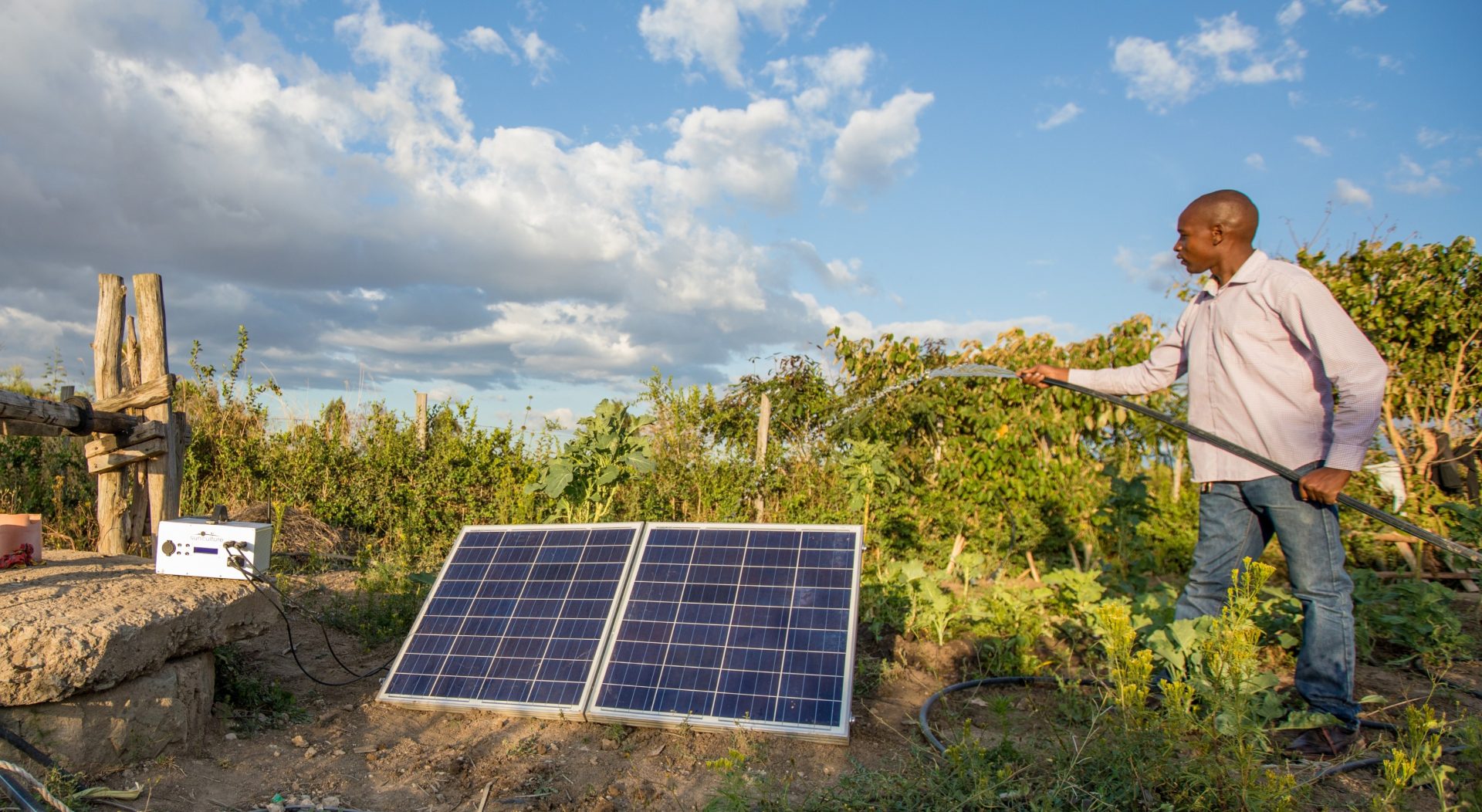Every five years we sit down with the UK government, our shareholder, to plot a new strategy. In January of this year we began our 2022-26 plan, based on the agreement we reached with the Government last year and the final strategy document published in December.
A great deal has changed since the start of our last strategy in 2017. Some of these changes have been positive, some negative. On the plus side, many of the geographies in which we invest have shown rapid and consistent growth. Almost all of them have accelerated the rate at which they are digitalising their economies, mobile payments are becoming ubiquitous, and entrepreneurialism is on the rise almost everywhere.
On the other hand, progress to address inequality, particularly with regard to empowerment of women, has been slow. Vulnerability to climate change has increased. Many countries that showed promise, such as Myanmar and Ethiopia, have slipped back into civil and political strife. And of course COVID-19 continues to have a disastrous impact on both health and economies around the world and by the World Bank’s estimate pushed 100 million people back into poverty.
Throughout all of this, we have tried to channel investment capital to where it is needed and where it can best support development outcomes. We have committed nearly £7 billion since 2017, investing in over 600 new businesses. In total we are now invested in 1,200 businesses that employ almost a million people, with 2.6 million more employed in their supply chains.
In the course of our work we have grown as an organisation and our new name British International Investment signifies both our pride in being a British institution and the increasing breadth of what we do. We have also learnt a lot, how we think about impact has evolved and how we do things in the future will change as a result.
1. Moving climate finance to the centre of our offer
When we launched our 2017-21 strategy, we committed to investing to combat the impacts of climate change. Five years later, climate change has become the climate emergency and we know the devastating impacts it is already having in our markets. It is the defining challenge of our time.
While global efforts to meet the challenge have increased, there is still a lot to do and countries in emerging and developing economies remain the most vulnerable to the impact of the climate emergency, and the least equipped to respond to it. In 2020 we launched our Climate Change Strategy that aligned our activities and investments with the goals of the Paris Agreement.
We have now gone further. Over the next five years, at least 30 per cent of our total new commitments will be in climate finance. This will make us one of the world’s largest climate investors in Africa. We will invest to mitigate climate change, test new investment approaches for natural capital solutions, adaptation and resilience, and expand what we do to provide climate finance to the Indo-Pacific.
And our approach is not just about meeting a 30 per cent climate finance target. Sustainability becomes one of our three impact objectives in our new strategy and is at the heart of everything we do, and every investment we consider.
2. Increasing our impact through partnership
Strong partnerships mean building alliances with businesses and investors whose values and standards align with our own, to help us enhance our scale and impact.
Our partnerships to date have included joining with British businesses such as Lightsource BP, Vodafone and other world leading firms such as DP World, who have all brought market access, knowledge and specialist expertise that we could not replicate ourselves. In turn we have brought over 70 years of experience in investing in our markets, the ability to implement the strongest environmental and governance standards, and the UK’s commitment to fairness and transparency, which ensures together we maximise the impact of these projects on people and planet.
We also know that development finance institutions (DFIs) alone do not have the capital to meet the development needs and funding gaps in the markets where we invest. So we’ve built partnerships with investors who commit capital alongside our own for impact. For example, at COP26 last year we announced our partnership with The Global Energy Alliance for People and Planet to unlock $100 billion in public and private financing to finance green energy transitions and renewable power solutions in developing and emerging economies. It demonstrates the potential for scale and impact when organisations join forces.
We want to build on this approach over the next five years. So, as well as investing £9 billion of our own capital, we are committed to mobilising more commercial investors alongside our funds, using our proximity to the City of London. We’ll also build partnerships to leverage the best of British and global business and innovation, and we’ll maximise the UK Government’s policy and diplomatic support to become a key part of the UK’s offer to support the economic transformation of developing countries.
3. Building an inclusive portfolio
We are witnessing a greater understanding of the systemic injustices that hold people back and lead to the burden of poverty falling unequally within populations. Development finance can play an important role in tackling those injustices.
One of the great achievements of our last strategy period was the development of the 2X Challenge; a call to action by the development finance institutions of the G7 countries to shift more capital towards investments that empower women. We played a leading role in developing the 2X framework and criteria and I am proud that, by the end of 2020, the DFIs had collectively raised $7 billion of investment for businesses that meet the 2X criteria and mobilised another $3 billion from private investors.
Over the last few years, we’ve made several 2X investments and we will continue to makes this a priority over the next five years. We have set a target that 25 per cent of annual commitments will be 2X qualified and embedded a ‘gender lens’ into all our investment committee meetings.
At the same time, we’re broadening our approach to diversity and inclusion. In some of our sub-Saharan Africa markets, black entrepreneurs continue to access capital at significantly lower rates than other races. We have prioritised black ownership and leadership, with an ambition to increase the number of black-owned and led businesses in our sub-Saharan Africa portfolio.
4. Taking risk to enhance impact
As a DFI investing in challenging environments, often at times and in places where commercial investment won’t go, taking a higher risk is part of our mandate. The unique combination of our governance, our capital structure and our regulatory status enables us to have this substantial risk appetite and gives us considerable flexibility in how we provide capital. That means we’re able to trial innovative routes to achieve impact, as well as acting quickly in response to need.
There is no clearer example of this than our response to COVID-19. We streamlined our investment process so we could get money quickly to where it was needed the most, both to support our investees and the wider markets to deal with the impact and aftereffects of the crisis. We also drew on tried and tested tools, such as trade finance, to sustain critical liquidity in the markets that needed it and protect jobs and livelihoods.
But those were exceptional circumstances. Our flexibility also allows us to innovate, taking on greater tolerance for risk in exchange for greater impact. In the past five years, we have launched new Catalyst Strategies that are designed to shape nascent markets and build more inclusive and sustainable economies.
Looking ahead, one way our new strategy continues these efforts is through our focus on investments in the digital economy. Rapid digitalisation requires huge investment in infrastructure. Our greater risk capacity means we can invest in the newest technologies that have the potential to deliver scale at impact to transform people’s lives for the better, and so we will seek out earlier-stage, disruptive businesses that offer radical solutions to global challenges. Our greater risk capacity means we can invest in new technologies that deliver scale at impact to transform people’s lives for the better.
5. Supporting fragile states most effectively
In our 2017-21 strategy we prioritised investing in ‘poorer and more fragile countries’. Throughout this period, almost 50 per cent of our average annual investment disbursements were made into countries and Indian states with the highest levels of investment difficulty. Our experience has shown that investing in these markets can offer some of the greatest opportunities for development impact, but it has also reinforced just how difficult it is to make sustainable investments in these environments.
Our commitment to these countries hasn’t changed, but, our approach will evolve in light of what we’ve learnt.
The reality is that in many of the most fragile countries there is a lack of viable investment opportunities for development finance institutions to back. That means organisations like British International Investment need to do two things.
Firstly, we need to invest early create new opportunities. One example of that is our investment in Gridworks, a company we founded and wholly own, and whose role is to help create investable opportunities in power transmission and distribution across Africa.
Secondly, we need to focus on investing through more stable partners, such as regional companies and platforms that have the reach and the know-how to create sustainable businesses that can achieve impact, as well as using specialist intermediaries such as focused trade finance arrangements.
We have learnt a lot over the past five years, reflected in last year’s report from The Independent Commission for Aid Impact that approved our approach to development impact and referred to us as an example of “a positive learning journey”.
It is this culture of learning that we intend to build on in our new strategy period, as we move forward under the new name of British International Investment. As we embark on our next strategy, we will continue to uphold our long-term values, and build on our successful track record over the last decade, while setting a new ambition for scale and innovation. That means building on what we’ve learnt and refining our approach to find the best ways to support the businesses and countries where we invest.
